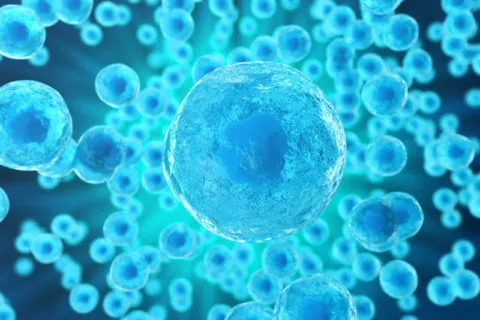January 31, 2019
A new aging clock developed by Professor Steve Horvath and his research team takes measuring your biological age a step further and can accurately predict your future lifespan. The epigenetic clock As we age, our DNA experiences chemical changes called DNA methylation (DNAm); these changes are used as a way to measure age and are...
January 28, 2019
While medical schools have had the idea that aging should be brought under medical control for over a century, the explicit desire to greatly extend one's life remained rare - until very recently. A new study by YouGov, a market intelligence company that researches multiple topics, found that, today, one in five Americans agrees with...
January 23, 2019
A new study has outlined the age-related changes of the gut microbiome, showing a correlation between the microbiome's composition and overall health. The gut microbiome The microbiome describes a varied community of bacteria, archaea, eukarya, and viruses that inhabit our gut. The four bacterial phyla of Firmicutes, Bacteroidetes, Proteobacteria, and Actinobacteria comprise 98% of the...
January 14, 2019
Another senolytic drug candidate has entered development at Unity Biotechnologies. The purpose of senolytics is to clear the body of harmful senescent cells, which accumulate with age and encourage age-related diseases to develop. A new treatment for age-related diseases of the eye Recently, UNITY Biotechnologies announced the selection of a new lead drug, UBX1967, with...
January 09, 2019
A new study published in Nature Metabolism finally reveals the answer to how NMN enters the cell in order to become NAD+ and that it does not need to be converted into NR to do so. In the last few years, there has been considerable interest in restoring levels of the nicotinamide adenine dinucleotide (NAD+)...
January 08, 2019
Here's what might be considered a paradox: right now, the Facebook page of Death Cafe—a place where you go to talk about death—is a rather lively place, whereas pages about life extension are comparatively rather dead places; this was pointed out by my colleague Elena Milova, who has been interested in Death Cafes for a...






